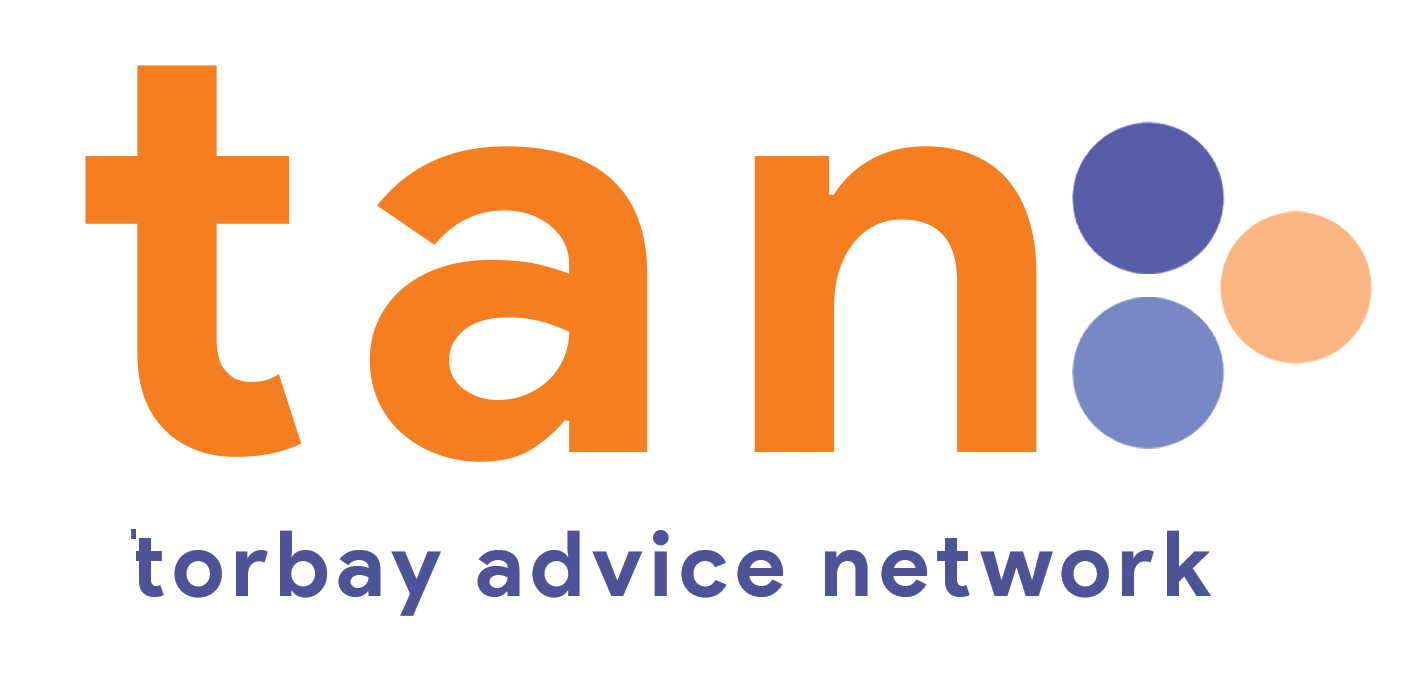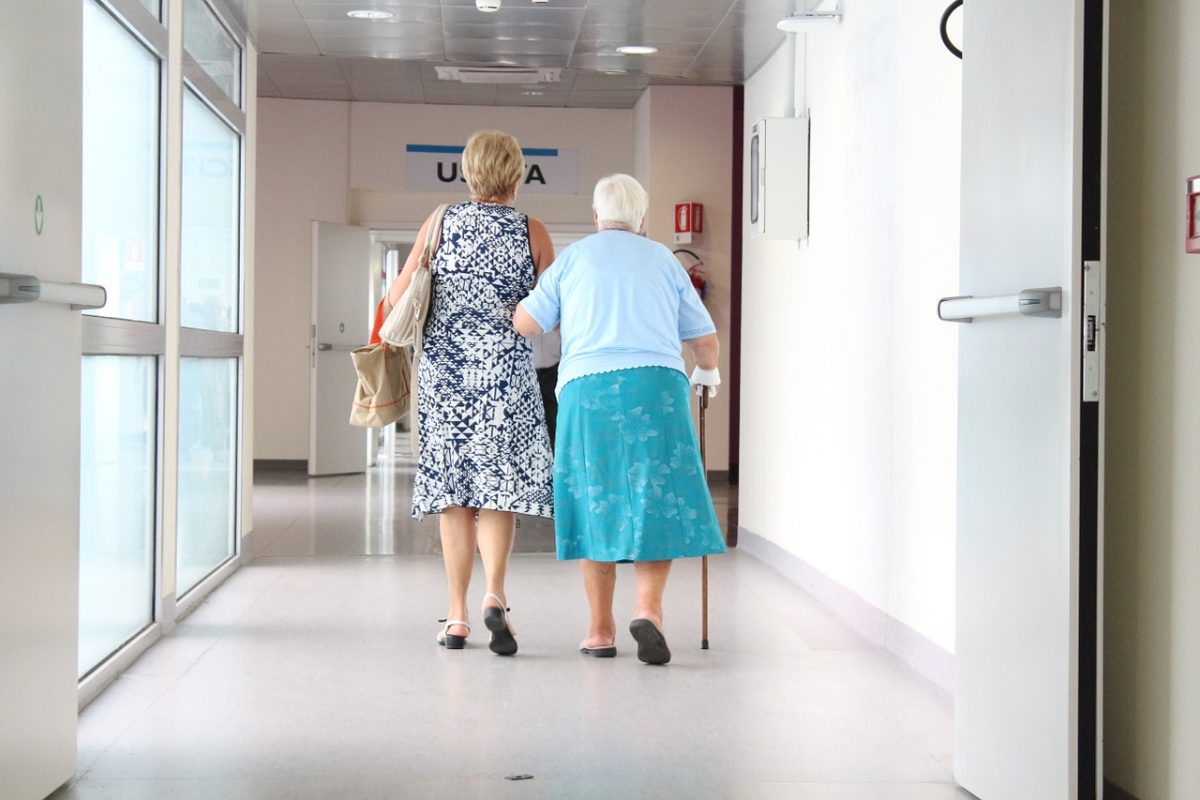The NHS Health Check is a national programme commissioned by local councils that measures a range of risk factors. These case studies highlight how councils are working with the NHS to deliver health checks for their communities.
New income statistics suggest this parliament is on course to be the worst for living standards on record. The Department for Work and Pensions released the latest official statistics on household incomes, poverty and income inequality, covering April 2022 to March 2023.
Cost of living pressures continue to stretch the household finances of older people. Age UK conducted two waves (January 2023 and January 2024) of polling to assess the impact. While our evidence suggests that some people have begun to adjust to the cost of living, for millions of older people the situation remains completely unmanageable.
A minimum standard of living is more than just food, clothes and shelter: it’s about having the opportunities and choices to participate in society. This is the 11th report in a series monitoring the number of people living beneath the Minimum Income Standard (MIS) in the UK.
Our right to personal liberty dates back to Magna Carta in 1215, if not before: “No free man shall be seized or imprisoned…except by the lawful judgement of his equals or by the law of the land.” This fundamental idea, which was further developed and enshrined in the Habeas Corpus Act in 1679, is at the heart of our understanding of what it means to be free and to live in a democracy. It is part of our birthright and something we are proud of and rightly hold very dear in this country.
This report looks at the impact of struggling with financial and mental health difficulties over time. It shows that when we experience mental health problems on a long term basis it makes it more likely that we will also experience financial difficulty, and vice versa.
This research discusses the findings from a mixed method study asking Discretionary Housing Payment (DHP) recipients in England and Wales about their experiences and the impacts of claiming DHPs.
The number of young adults who own a home in the UK has fallen in recent decades. More families in England and Wales had adult children living with them in 2021 compared to 10 years earlier. Barriers to home ownership included increased property prices relative to incomes. Think tanks have considered whether alternative housing policies would help more young people get onto the property ladder. The government has also introduced various schemes aimed at supporting home ownership.
A broken housing industry, dominated by a speculative business model, makes us more vulnerable to changing economic conditions. To maintain rates of housebuilding, we must challenge this model, through greater funding, support for social housing and longer-term policy to shift to a more sustainable housebuilding system.
Results of the British Social Attitudes survey




